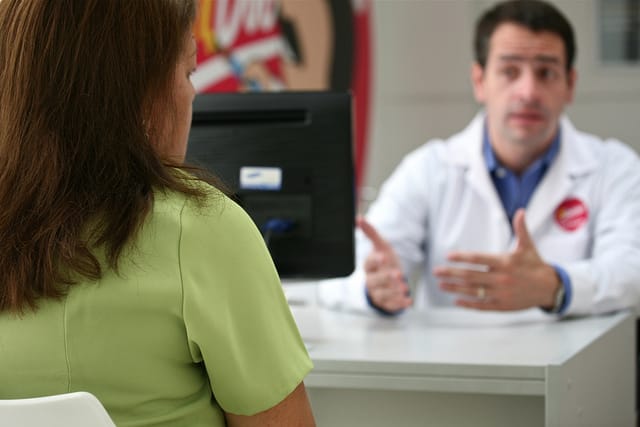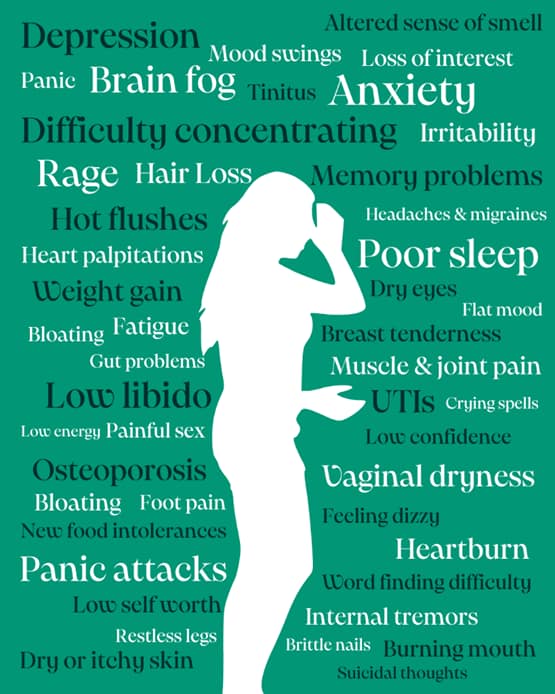
My research inspiration: Why can we learn from patients?
A research master, also the one in Behavioral and Social Sciences, prepares its students for a PhD and a future career in academia. Learning goals include learning how to conduct a meta-analysis or systematic review, design a scientific poster, write a PhD proposal, or how to use various statistical methods such as repeated measures and multivariate analysis (for more information, please visit https://www.rug.nl/masters/behavioural-and-social-sciences-research). In addition, courses are available about your specific interest or specialization; clinical neuropsychology, in my case. When I started studying Psychology in 2013, the field of clinical neuropsychology appeared abstract and rather technical to me. However, I soon discovered that clinical neuropsychology is, largely, an applied science, involved in the brain-behavior relationship and particularly focused on the daily life consequences of brain disorders. Consequently, research topics in this field involve studying and working with people with brain damage. Therefore, I considered doing a clinical science traineeship, instead of a research traineeship. So, in September 2018, I started my clinical traineeship at the department of Medical Psychology at the Medical Center in Leeuwarden (MCL).
“In my opinion, clinical experience and contact with patients is a very valuable, essential addition to the study program.”
At the department of Medical Psychology of the MCL, among other things, the focus is on performing neuropsychological examinations and diagnostics. Because I already worked with most of the neuropsychological tests used at the department and assessed different (patient) groups during my bachelor thesis, I expected that administering these tests would be one of the less challenging parts of my internship. I even felt a bit rushed, eager to start focusing on learning new things, such as how to do a (hetero) anamnesis (an intake with the patient and his/her relative or caregiver) or interpret neuropsychological test results. A classical ‘internship-rookie’ mistake. Gladly, my internship supervisor, a clinical neuropsychologist, noticed this. She told me to slow down a bit. I should rather use the opportunity to get familiar with different kinds of patients and with the different approach to neuropsychological testing in a clinical setting, as compared to the research approach. She could not have been more right.
“I only then began to understand the big difference between an assessment for research purposes and for clinical practice.”
What I learned was that, next to involving a (hetero) anamnesis, the testing during a neuropsychological assessment in clinical practice requires a totally different focus. How patients perform a task and how they feel and act during the assessment is an essential and integrated part of the assessment, on which eventual conclusions are based. For example: how quickly does a patient understand the instructions? Is he/she easily distracted? Does he/she work systematically? In other words, while in a research setting test scores are only compared with the performance of a relevant norm group, in clinical practice the scores are incorporated with an in-depth analysis of individual performance and characteristics. These individual performances are usually not described in scientific articles.
Another big difference between research and clinical practice, is that for a research project there are certain exclusion criteria for selecting participants. At a hospital, however, there is no such option: we also assess patients who would be unsuited for participating in a study. To give a few examples I encountered in the short period of my internship at the MCL:
“I assessed a patient who was extremely emotional and burst into tears when she told us her granddaughter had to get a tooth pulled. Another patient fell asleep five (!) times during a two-hour assessment.”
Assessing these patients requires some creativity and teaches you, forces you, to look beyond the test material to still get the most out of the assessment.
Hearing stories of patients is another great advantage of doing a clinical traineeship. For example, for my PhD proposal, I am interested in financial decision-making. During my traineeship, patients told me about the consequences of their brain damage on their daily functioning, including their financial skills. One woman told me that she got into trouble for spending too much money on magazine subscriptions, because she forgot how many she already subscribed too. Another patient told me his trick to remember his PIN code after forgetting it while grocery shopping: he wrote it in encoded form in his diary. Stories like these inspire and motivate me to do research, and thereby to learn more about how we can assess the complex ability of financial decision-making. And hopefully, in due time, how we can treat it.
The clinical research traineeship is not compulsory in the (research) master Clinical Neuropsychology at our university, mainly due to a relative shortage of positions. However, I think that it has great additional value to skills you can learn in a (research) master, and to doing research in general. Contact with patients can be an inspiration for your (future) research project, because patients and their stories are what makes a research topic come to life.
NOTE: Image by Alex Proimos, licenced under CC BY 2.0.



